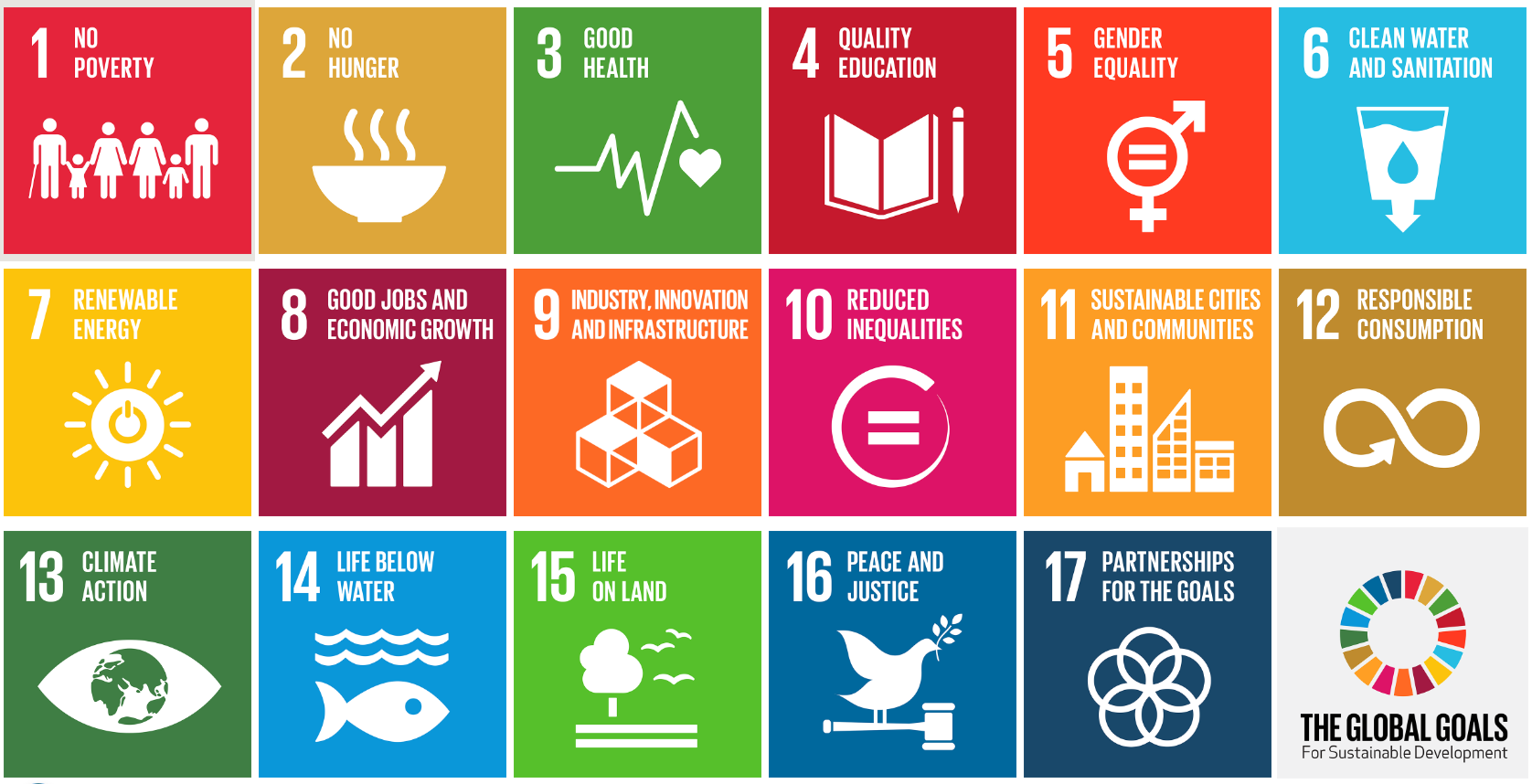
ESG报告翻译参考之SDG 14: LIFE BELOW WATER
SDG 14: LIFE BELOW WATER
可持续发展目标14:水下生物
CONSERVE AND SUSTAINABLY USE THE OCEANS, SEAS AND MARINE RESOURCES FOR SUSTAINABLE DEVELOPMENT.
保护和可持续利用海洋和海洋资源以实现可持续发展。
Healthy oceans and seas are essential to our existence.They cover 70 percent of our planet and we rely on them for food, energy and water. Yet, we have managed to do tremendous damage to these precious resources. We must protect them by eliminating pollution and overfishing and immediately start to responsibly manage and protect all marine life around the world.
健康的海洋对我们的生存至关重要。海洋覆盖了地球表面的 70% ,是我们获取食物、能源和水资源的重要来源。 然而,我们却对这些宝贵的资源造成了巨大的破坏。 我们必须立刻采取措施,消除污染和避免过度捕捞,并立即开始负责任地管理和保护世界各地的所有海洋生物。
THE TARGETS
目标
Everyone can help to make sure that we meet the Global Goals. Use these ten targets to create action to conserve and sustainably use the oceans.
每个人都可以帮助我们实现全球目标。 以下这十个目标指引我们采取行动来保护和可持续利用海洋。
TARGET 14.1 REDUCE MARINE POLLUTION
By 2025, prevent and significantly reduce marine pollution of all kinds, in particular from land-based activities, including marine debris and nutrient pollution.
目标 14.1 减少海洋污染
到2025年,防止并大幅减少各种海洋污染,特别是陆上活动造成的污染,包括海洋垃圾和营养物污染。
TARGET 14.2 PROTECT AND RESTORE ECOSYSTEMS
By 2020, sustainably manage and protect marine and coastal ecosystems to avoid significant adverse impacts, including by strengthening their resilience, and take action for their restoration in order to achieve healthy and productive oceans.
目标 14.2 保护和恢复生态系统
到2020年,可持续地管理和保护海洋和沿海生态系统,以避免重大不利影响,包括加强其复原力,并采取恢复行动,以实现健康和富有成效的海洋。
TARGET 14.3 REDUCE OCEAN ACIDIFICATION
Minimize and address the impacts of ocean acidification, including through enhanced scientific cooperation at all levels.
目标 14.3 减少海洋酸化
最大限度地减少并解决海洋酸化的影响,包括加强各级科学合作。
TARGET 14.4 SUSTAINABLE FISHING
By 2020, effectively regulate harvesting and end overfishing, illegal, unreported and unregulated fishing and destructive fishing practices and implement science-based management plans, in order to restore fish stocks in the shortest time feasible, at least to levels that can produce maximum sustainable yield as determined by their biological characteristics.
目标 14.4 可持续渔业
到2020年,有效监管捕捞,杜绝过度捕捞、非法、未报告和无管制的捕捞以及破坏性捕捞行为,并实施科学的管理计划,以便在最短的时间内恢复鱼类资源,至少恢复到能够产生最大可持续产量的水平 由其生物学特性决定。
TARGET 14.5 CONSERVE COASTAL AND MARINE AREAS
By 2020, conserve at least 10 per cent of coastal and marine areas, consistent with national and international law and based on the best available scientific information.
目标 14.5 保护沿海和海洋区域
到 2020 年,根据国家和国际法并基于现有的最佳科学信息,保护至少 10% 的沿海和海洋区域。
TARGET 14.6 END SUBSIDIES CONTRIBUTING TO OVERFISHING
By 2020, prohibit certain forms of fisheries subsidies which contribute to overcapacity and overfishing, eliminate subsidies that contribute to illegal, unreported and unregulated fishing and refrain from introducing new such subsidies, recognizing that appropriate and effective special and differential treatment for developing and least developed countries should be an integral part of the World Trade Organization fisheries subsidies negotiation.
目标 14.6 终止导致过度捕捞的补贴
到 2020 年,禁止导致产能过剩和过度捕捞的某些形式的渔业补贴,取消导致非法、未报告和无管制捕捞的补贴,并避免引入新的此类补贴,认识到对发展中国家和最不发达国家的适当和有效的特殊和差别待遇,应成为世界贸易组织渔业补贴谈判的一部分。
TARGET 14.7 INCREASE THE ECONOMIC BENEFITS FROM SUSTAINABLE USE OF MARINE RESOURCES
By 2030, increase the economic benefits to small island developing States and least developed countries from the sustainable use of marine resources, including through sustainable management of fisheries, aquaculture and tourism.
目标 14.7 提升可持续利用海洋资源的经济效益
到2030年,通过渔业、水产养殖和旅游业的可持续管理,增加小岛屿发展中国家和最不发达国家从可持续使用海洋资源中获得的经济利益。
TARGET 14.8 INCREASE SCIENTIFIC KNOWLEDGE, RESEARCH AND TECHNOLOGY FOR OCEAN HEALTH
Increase scientific knowledge, develop research capacity and transfer marine technology, taking into account the Intergovernmental Oceanographic Commission Criteria and Guidelines on the Transfer of Marine Technology, in order to improve ocean health and to enhance the contribution of marine biodiversity to the development of developing countries, in particular small island developing States and least developed countries.
目标 14.8 增加海洋健康的科学知识、研究和技术
提高科学知识、发展研究能力和转让海洋技术,同时考虑到政府间海洋学委员会《海洋技术转让标准和准则》,以改善海洋健康并增强海洋生物多样性对发展中国家发展的贡献, 特别是小岛屿发展中国家和最不发达国家。
TARGET 14.9 SUPPORT SMALL SCALE FISHERS
Provide access for small-scale artisanal fishers to marine resources and markets.
目标 14.9 支持小规模渔业
为小规模个体渔民提供获取海洋资源和市场的机会。
TARGET 14.A IMPLEMENT AND ENFORCE INTERNATIONAL SEA LAW
Enhance the conservation and sustainable use of oceans and their resources by implementing international law as reflected in the United Nations Convention on the Law of the Sea, which provides the legal framework for the conservation and sustainable use of oceans and their resources, as recalled in paragraph 158 of “The future we want”.
目标 14.A 落实和加强国际海洋法
通过执行《联合国海洋法公约》所反映的国际法,加强海洋及其资源的保护和可持续利用,该公约为保护和可持续利用海洋及其资源提供了法律框架,如第 1 段所述 158 《我们想要的未来》。
英文来源:
https://www.globalgoals.org/goals/14-life-below-water/



